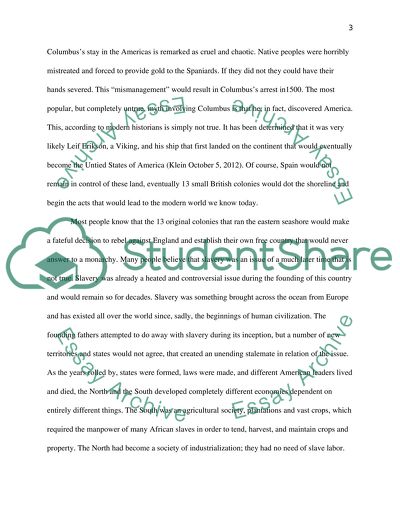Cite this document
(“Not Just A War On Slavery: Discussing The American Civil War Research Paper”, n.d.)
Retrieved from https://studentshare.org/history/1643712-american-civil-war
Retrieved from https://studentshare.org/history/1643712-american-civil-war
(Not Just A War On Slavery: Discussing The American Civil War Research Paper)
https://studentshare.org/history/1643712-american-civil-war.
https://studentshare.org/history/1643712-american-civil-war.
“Not Just A War On Slavery: Discussing The American Civil War Research Paper”, n.d. https://studentshare.org/history/1643712-american-civil-war.


